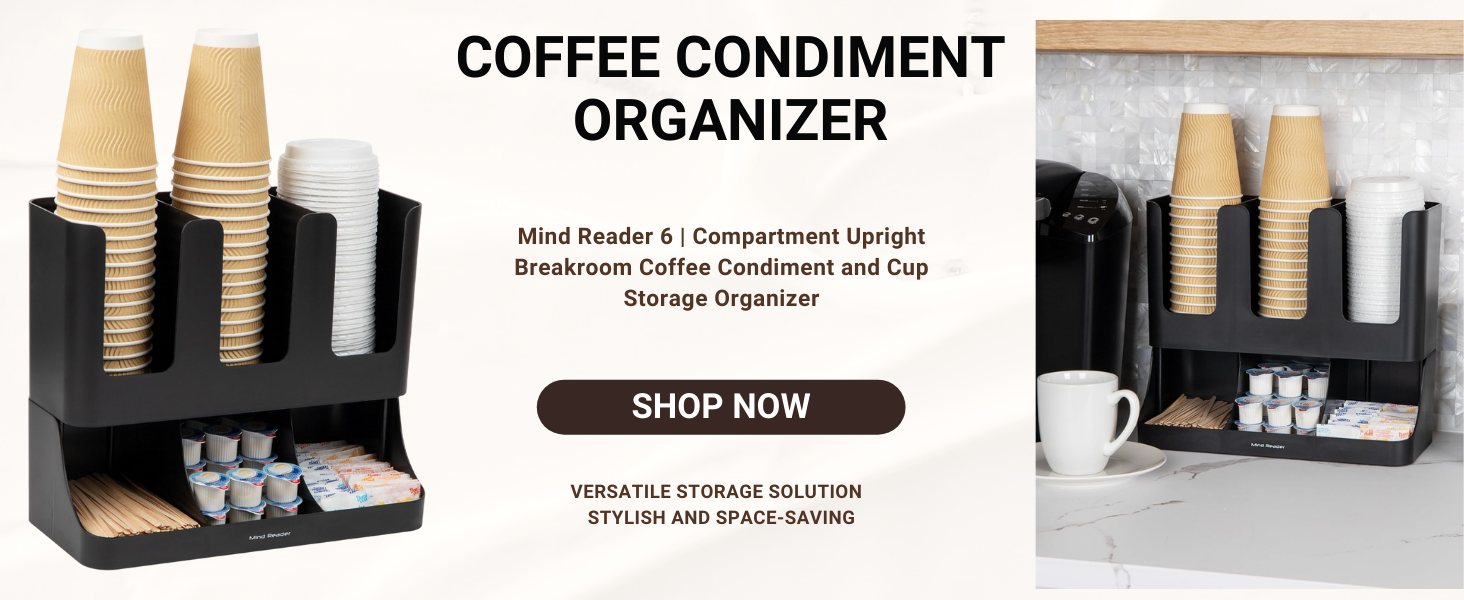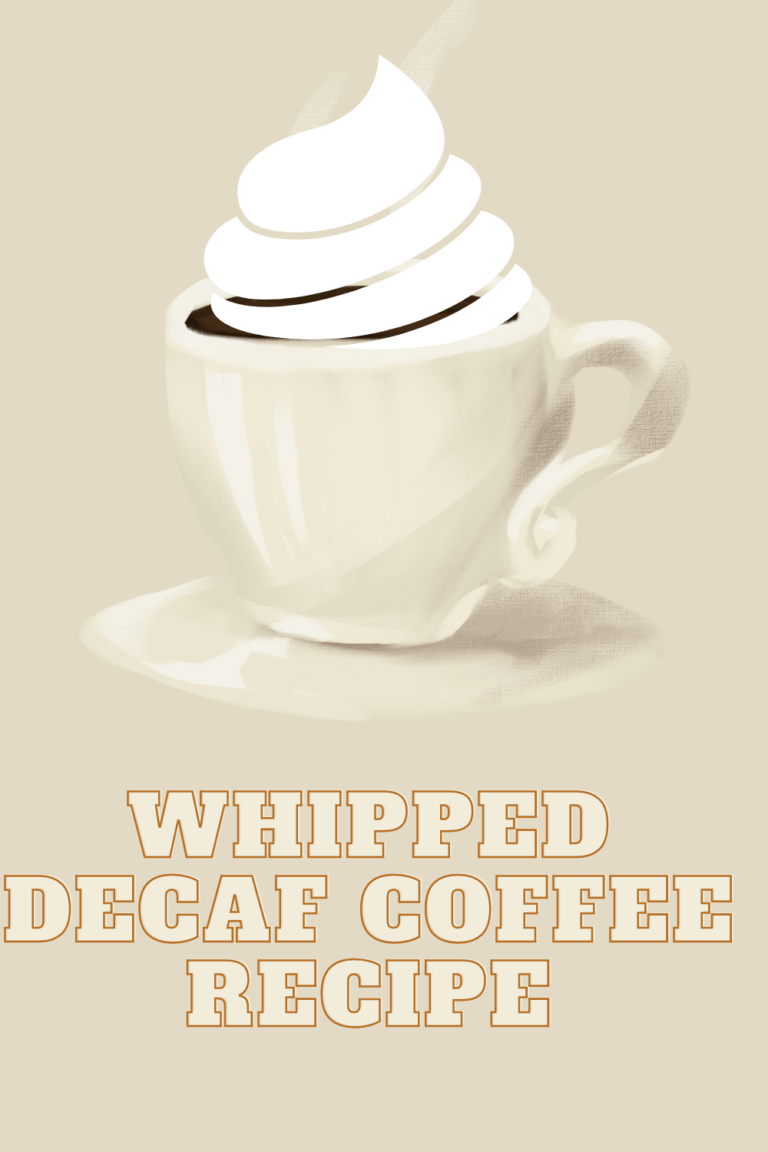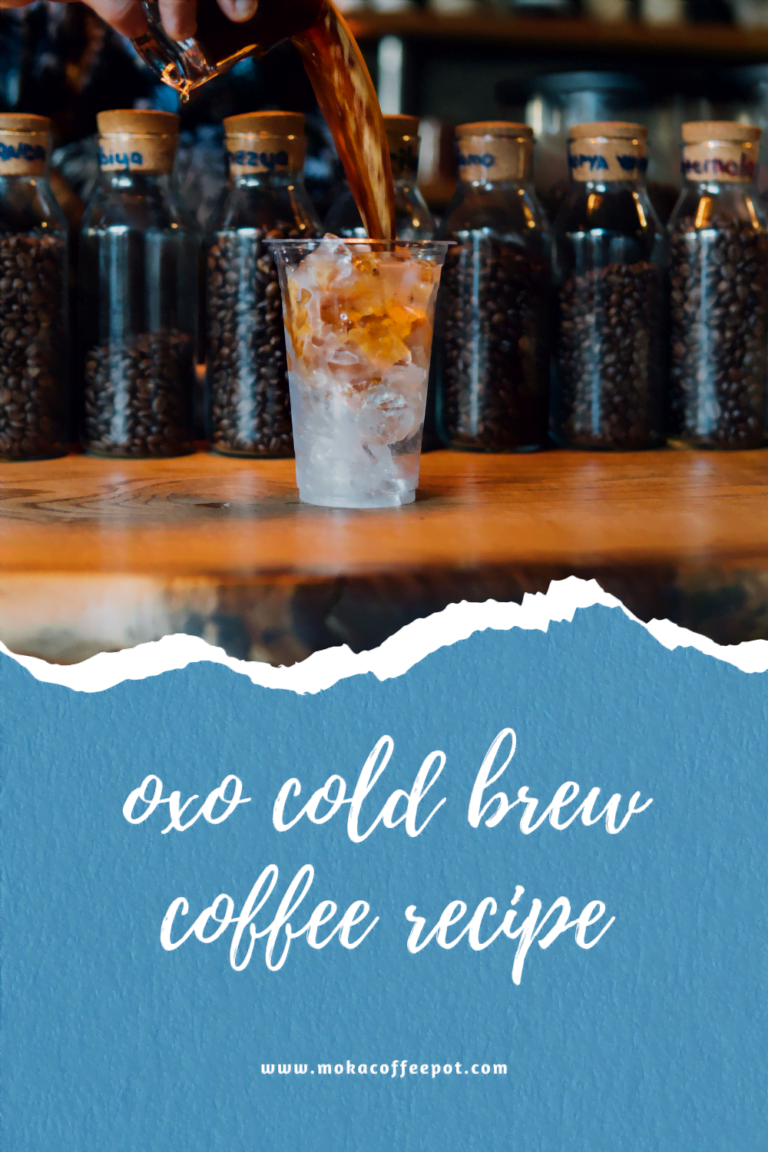Hey there caffeine addicts! Are you tired of shelling out big bucks for your daily dose of cold brew? Well, fear not, for I have a recipe that will save you some serious cash while still providing that satisfying jolt of caffeine you crave.
Introducing the cold brew concentrate recipe using a French press! This method is easy-peasy and requires minimal effort, perfect for those lazy mornings when you just can’t seem to drag yourself out of bed. Plus, the concentrated brew can last up to two weeks in the fridge, so you can have your fix whenever the mood strikes.
All you need is some coarsely ground coffee, water, a French press, and a little bit of patience. Simply mix the coffee and water in the press, let it steep for 12-24 hours in the fridge, and voila – a rich and smooth cold brew concentrate that you can dilute to your desired strength.
But wait, there’s more! This recipe is fully customizable, so feel free to experiment with different coffee blends, grind sizes, and steeping times to find your perfect brew. And best of all, you can impress your friends with your newfound barista skills without ever leaving your kitchen.
So ditch the overpriced coffee shops and try this cold brew concentrate recipe in a French press. Your wallet (and taste buds) will thank you.
The Grounds for Success: Choosing the Right Coffee Blend for Your Cold Brew Concentrate
When it comes to making the perfect cold brew concentrate in a French press, the type of coffee you choose can make all the difference. So, how do you know which coffee blend will give you the best results?
First, consider the roast level. Darker roasts tend to be richer and more full-bodied, while lighter roasts are more acidic and fruity. For a smooth and mellow cold brew, try a medium roast.
Next, think about the origin of the coffee beans. Different regions produce different flavor profiles, so experiment with beans from different countries to find your favorite.
Finally, pay attention to the grind size. Coarse grinds work best for cold brew, as they allow for a slower extraction process and a smoother taste.
By considering these factors, you’ll be well on your way to a cold brew concentrate that will knock your socks off.

Steeping for Success: Mastering the Art of Cold Brew Concentrate
While making cold brew concentrate in a French press is relatively easy, there are a few tips and tricks that can take your brew to the next level.
- First, make sure you’re using enough coffee. A good rule of thumb is one cup of coffee grounds for every four cups of water.
- Next, consider the steeping time. While 12-24 hours is the standard recommendation, some people prefer a shorter or longer steeping time for a more or less intense brew.
- Another factor to consider is the temperature of the water. While cold water is ideal for cold brew, some people prefer to use slightly warm water to jumpstart the extraction process.
- Finally, don’t be afraid to experiment with different additions to your cold brew concentrate, such as vanilla extract, cinnamon, or even a splash of almond milk.
By following these tips and experimenting with different variables, you’ll be well on your way to a cold brew concentrate that will satisfy even the most discerning coffee connoisseur.
FAQ
Technically, you could, but that would be like trying to run a marathon in flip-flops. Coarse grounds are the way to go for a smooth and satisfying cold brew.
Well, that depends on how patient you are. 12-24 hours is the standard recommendation, but if you’re feeling extra lazy, you could probably get away with a shorter steeping time.
Of course not! You could use a mason jar, a pitcher, or even a bucket if you’re feeling adventurous. Just make sure you strain out the grounds before drinking.
Absolutely! That’s the beauty of cold brew concentrate – it can last up to two weeks in the fridge, so you can have your caffeine fix whenever the mood strikes.
Oh, most definitely. Cold brew concentrate is like the Hulk of the coffee world – it packs a serious punch. But don’t worry, you can always dilute it to your desired strength.







